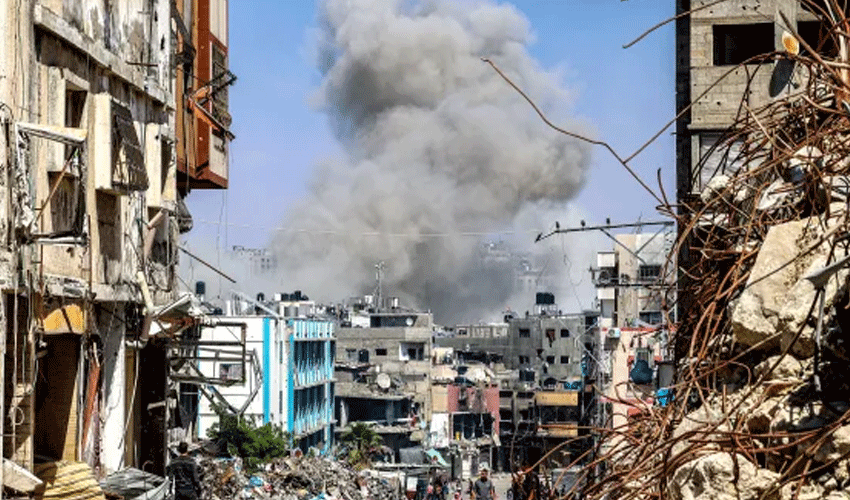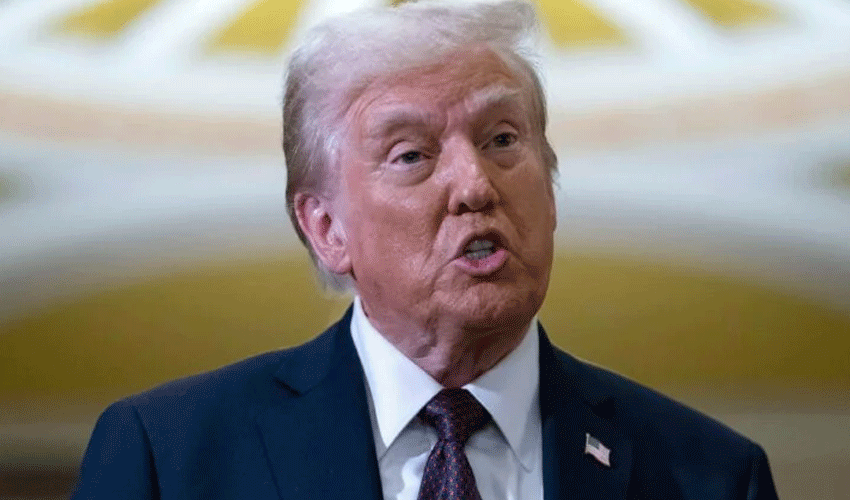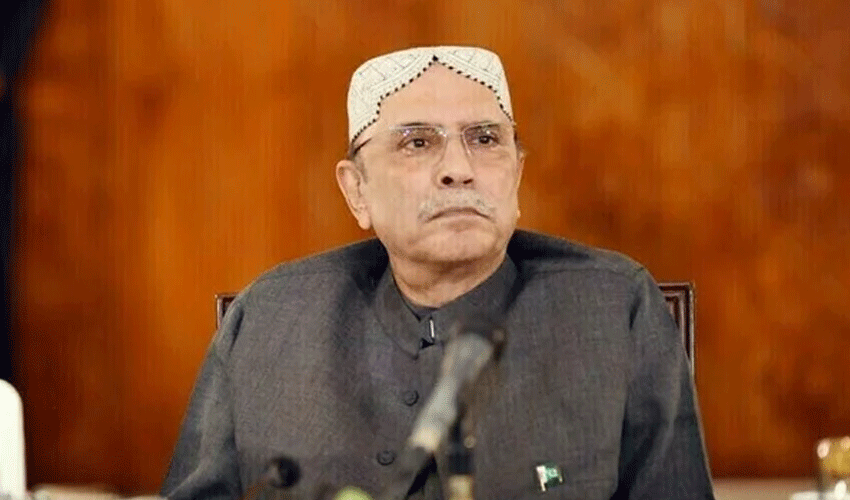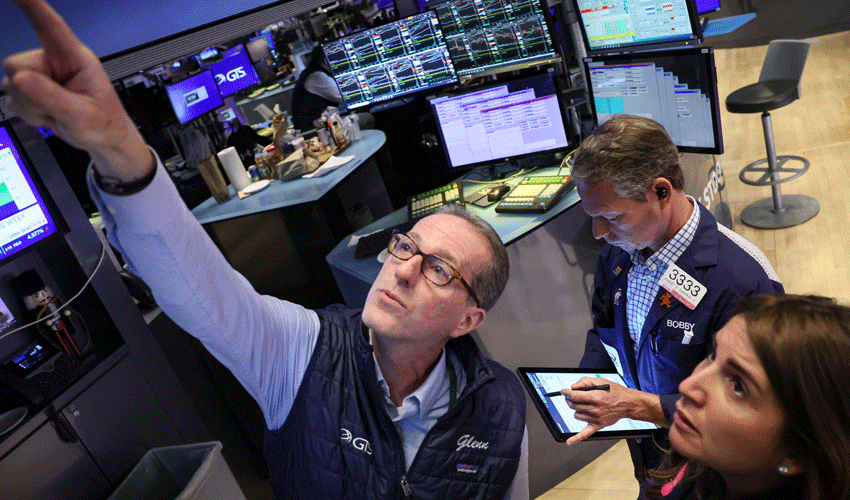The first international commercial flight since the removal of former Syrian president Bashar al-Assad landed at Damascus International Airport on Tuesday in a development marking the country's re-entry into international aviation.
The Qatar Airways flight carried Syrian nationals returning after years of exile, greeted by emotional reunions with family members at the airport terminal.
Ashad al-Suleibi, head of Syria’s Air Transport Authority, credited Qatar for assisting in rehabilitating the airport, which had been severely damaged by years of neglect and repeated Israeli airstrikes. "There was a lot of damage from the [al-Assad] regime to this vital area and also to Aleppo airport," al-Suleibi said.
Among the passengers was Osama Musalama, a Syrian expatriate from the United States, visiting for the first time since the civil war erupted in 2011.
Separately, Jordanian state media reported a Royal Jordanian Airlines test flight to Damascus. Haitham Misto, head of Jordan’s Civil Aviation Regulatory Commission, accompanied a technical team to evaluate the airport’s readiness for regular operations.
Diplomatic engagement and reconstruction efforts
Syria has seen a wave of renewed diplomatic activity since the rebel offensive a month ago led to the ouster of al-Assad. Arab and Western countries are restoring ties with Syria’s new de facto authorities, led by Ahmed al-Sharaa of Hayat Tahrir al-Sham (HTS).
Syria’s newly appointed Foreign Minister, Asaad al-Shibani, recently visited Qatar, Saudi Arabia, and the UAE, seeking Gulf support for the nation’s reconstruction after nearly 14 years of civil war. On Tuesday, al-Shibani met his Jordanian counterpart, Ayman al-Safadi, in Amman to discuss avenues of bilateral cooperation in key areas such as energy, trade, and border security.
Jordan has offered to provide electricity and gas to Syria immediately. "We stand ready to support the Syrian people in rebuilding their homeland on principles of security, stability, and sovereignty," al-Safadi said during a joint press conference.
Crackdown on captagon trade
Under al-Assad’s rule, Syria had been a hub for smuggling Captagon amphetamines into Gulf states, straining relations with Jordan. Al-Shibani assured that the new authorities have dismantled Captagon production sites, including facilities in Damascus and Latakia. "The threats to Jordan’s security from drugs and Captagon are over," he declared.
Path to national dialogue
Al-Shibani also announced plans for a "national dialogue conference" to shape Syria’s future. An inclusive preparatory committee representing diverse segments of Syrian society will lead the initiative. While initially scheduled for January, the committee’s meeting has been postponed to a later date.
With the country still reeling from economic crises and stringent Western sanctions, Syrians endure limited electricity and essential services. The new interim authorities are seeking both regional and global assistance to rebuild infrastructure and restore normalcy.



























